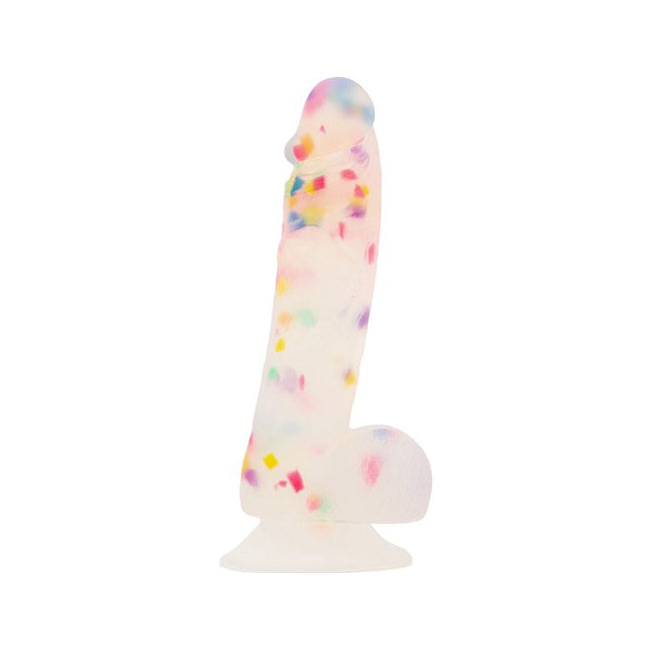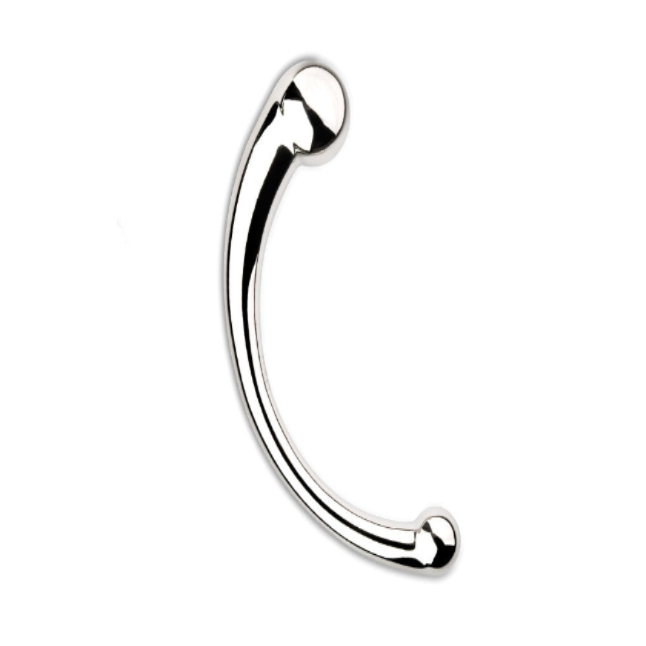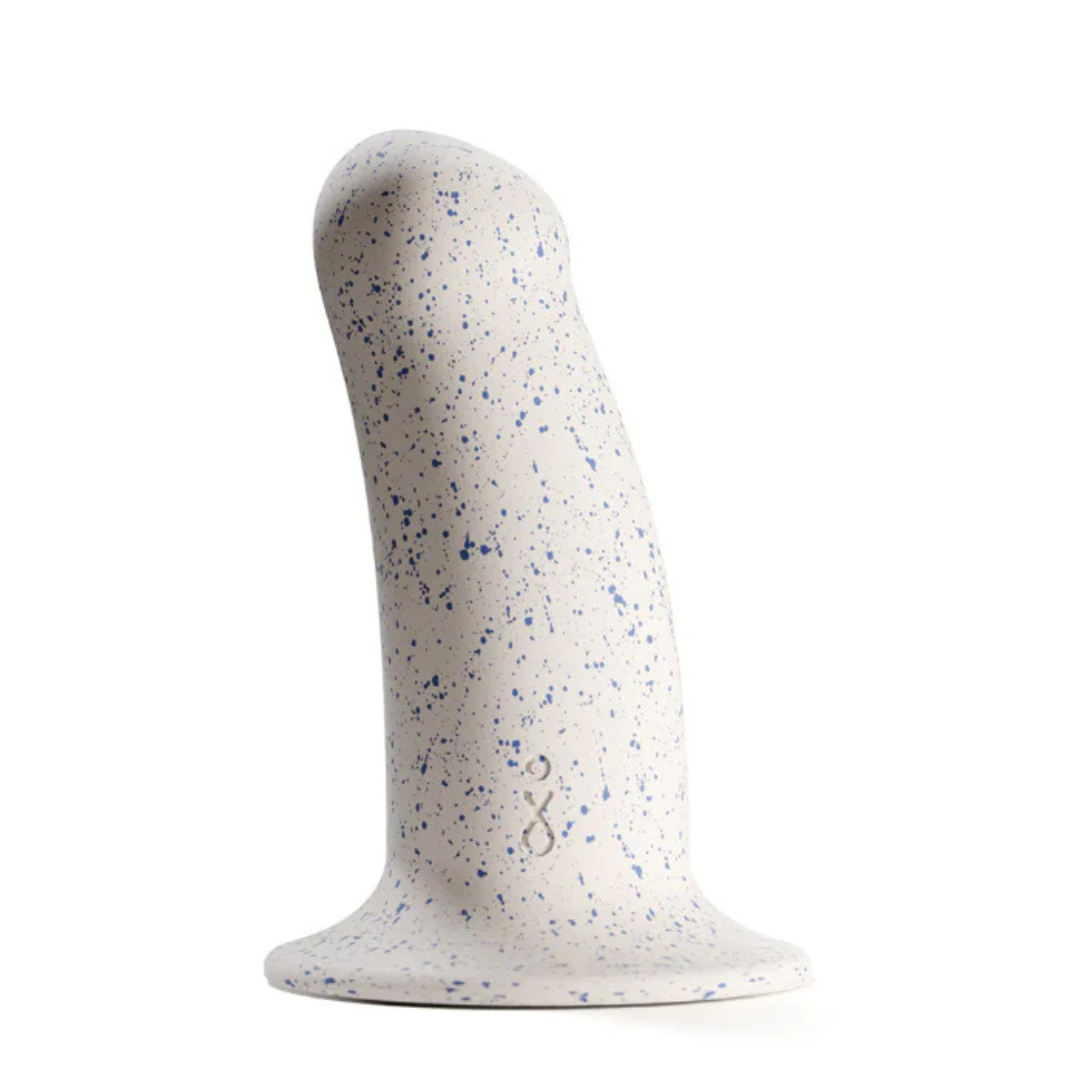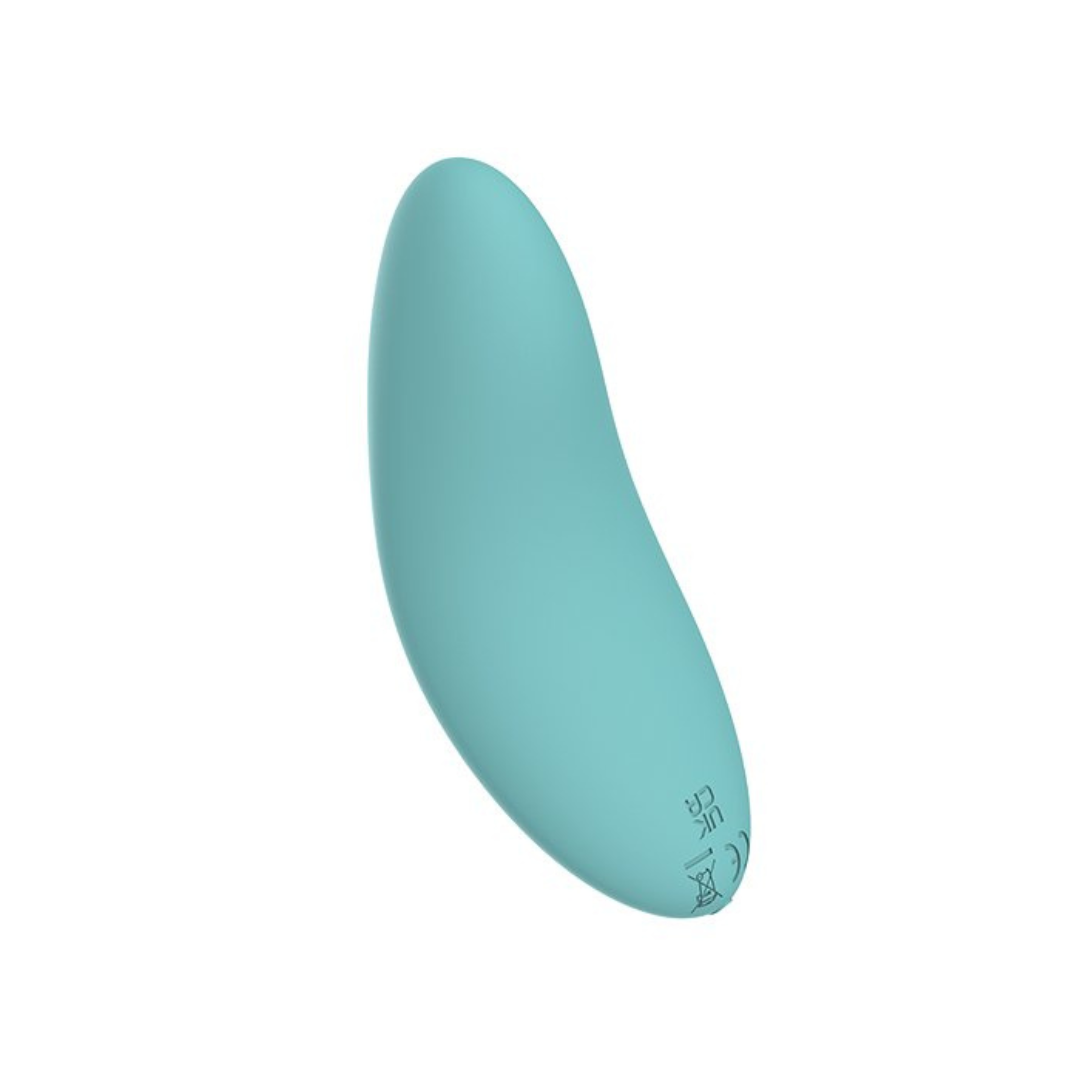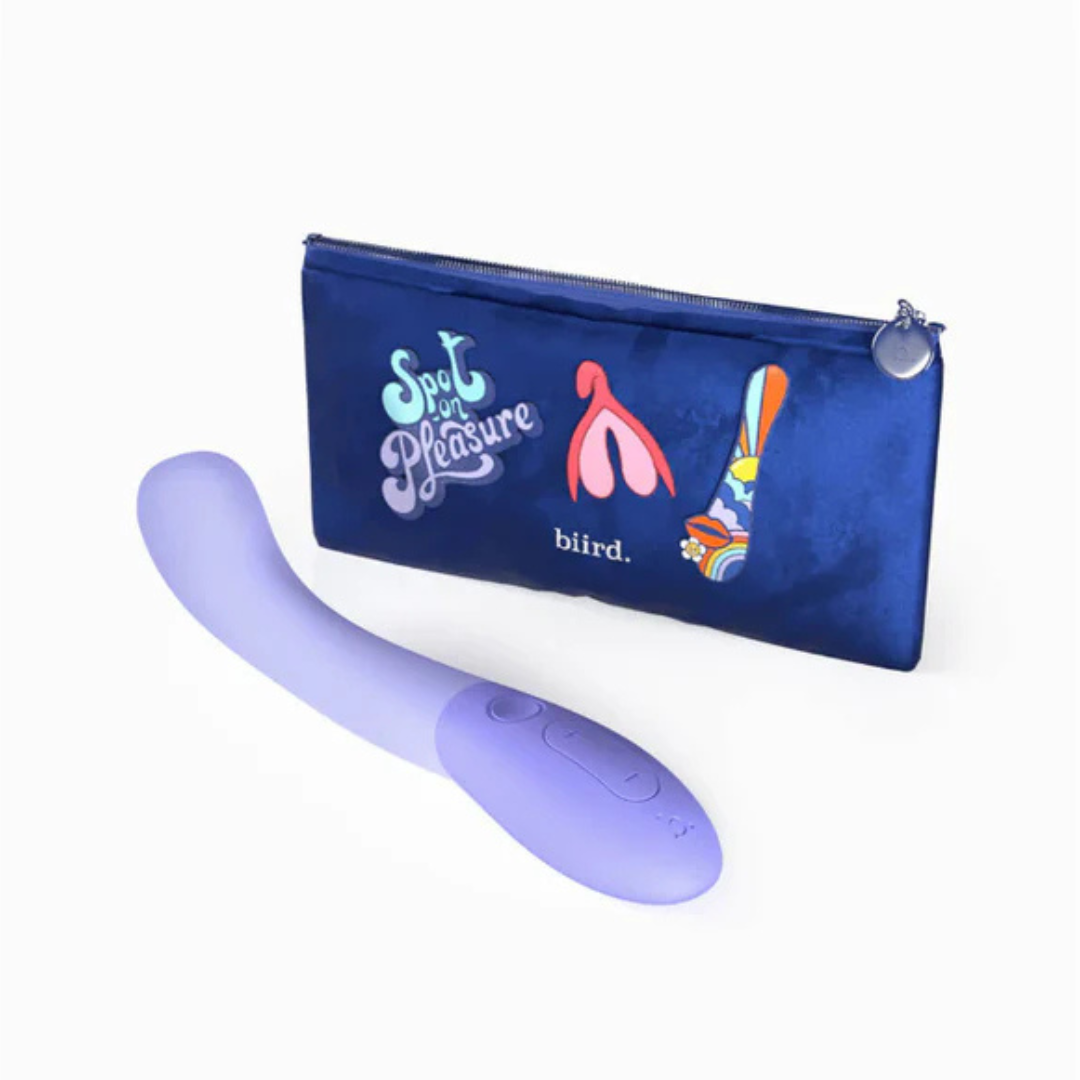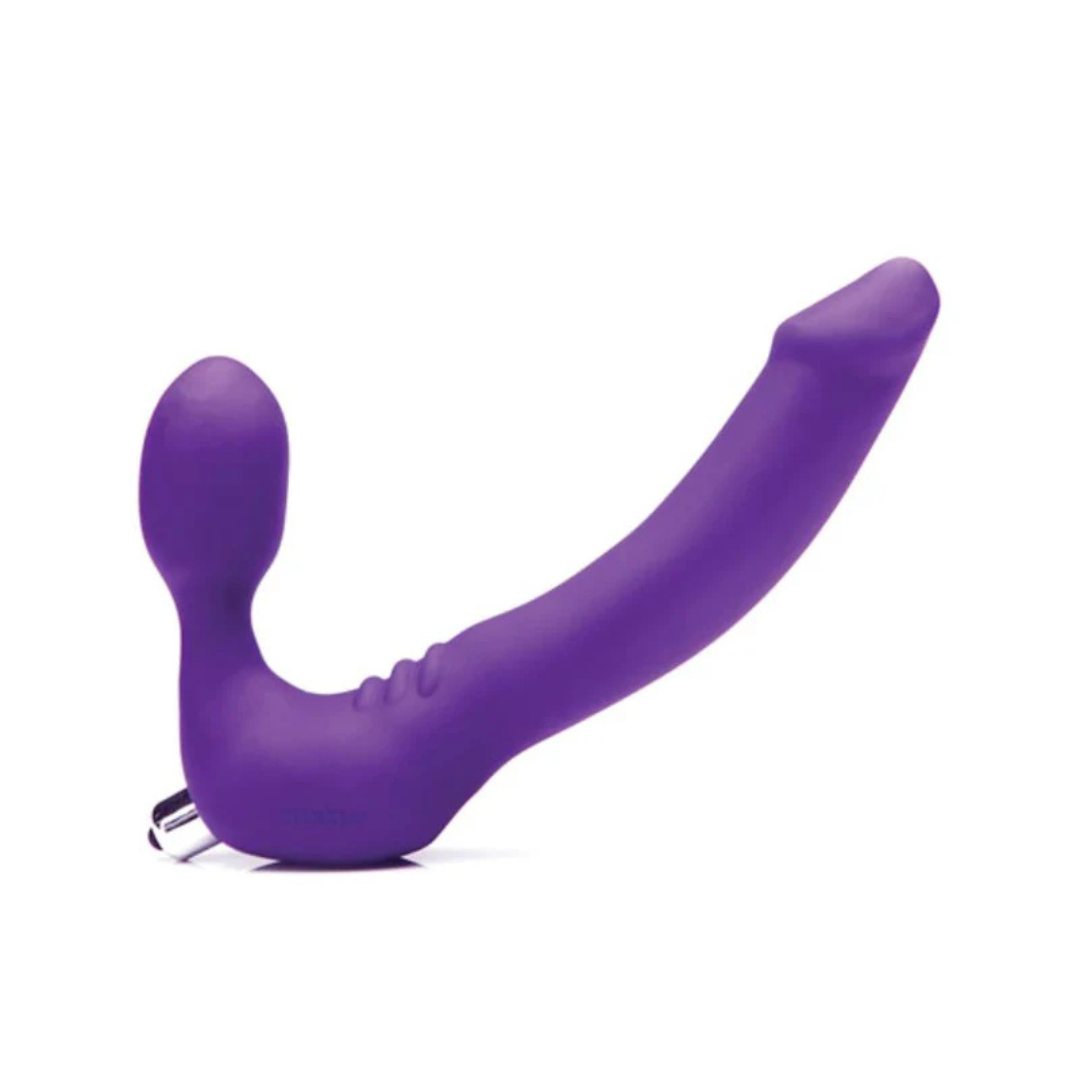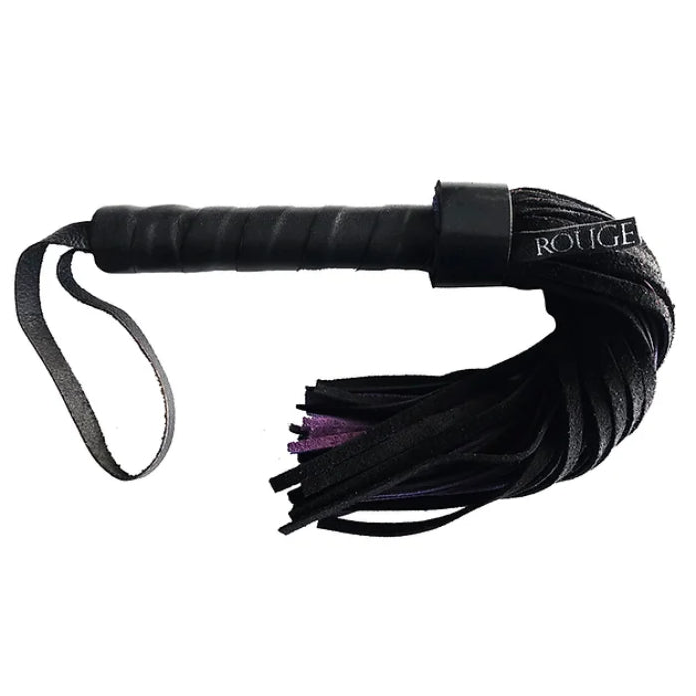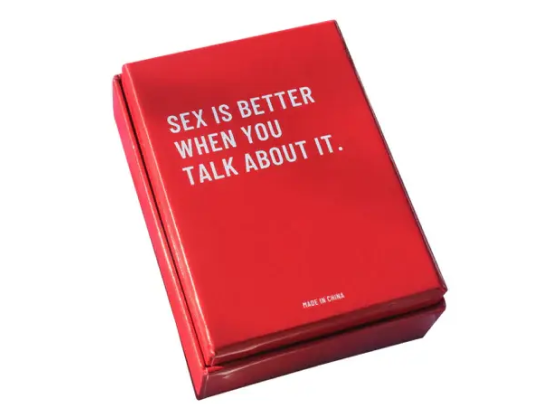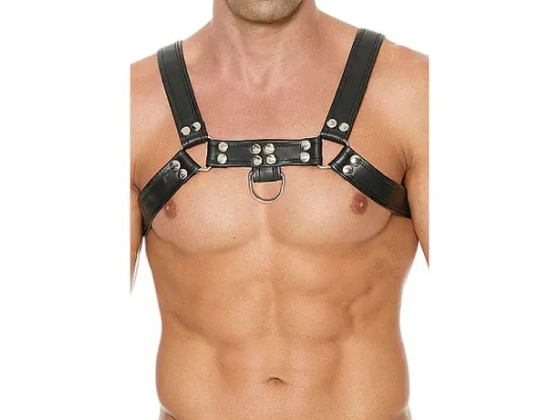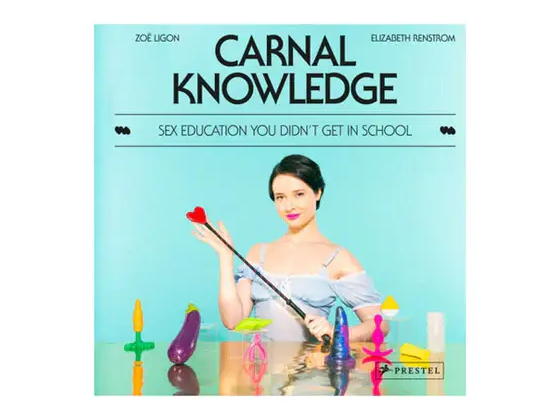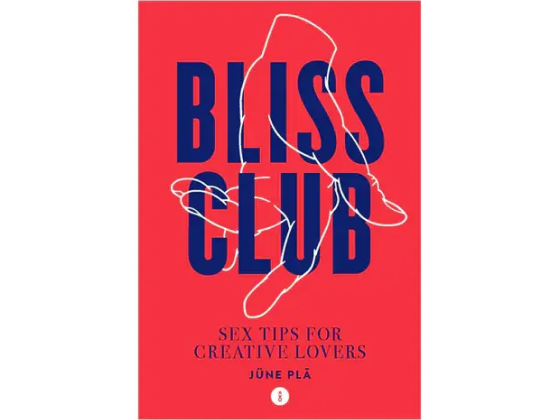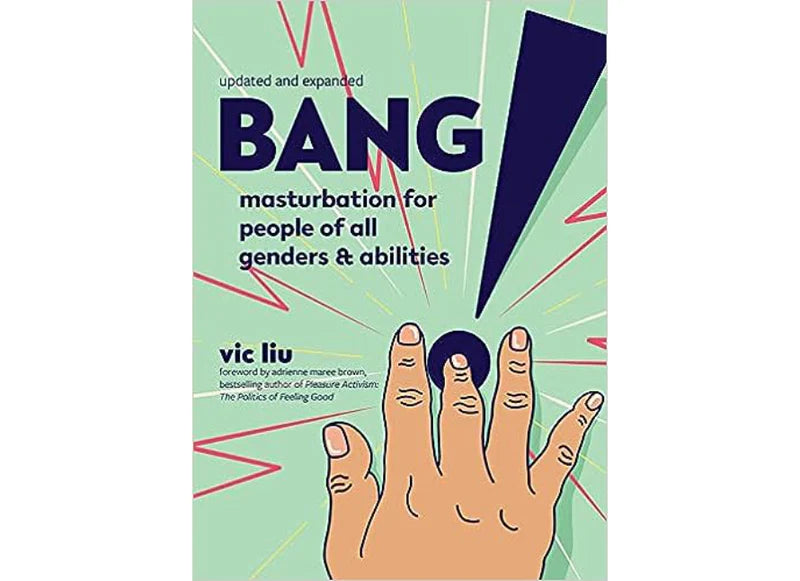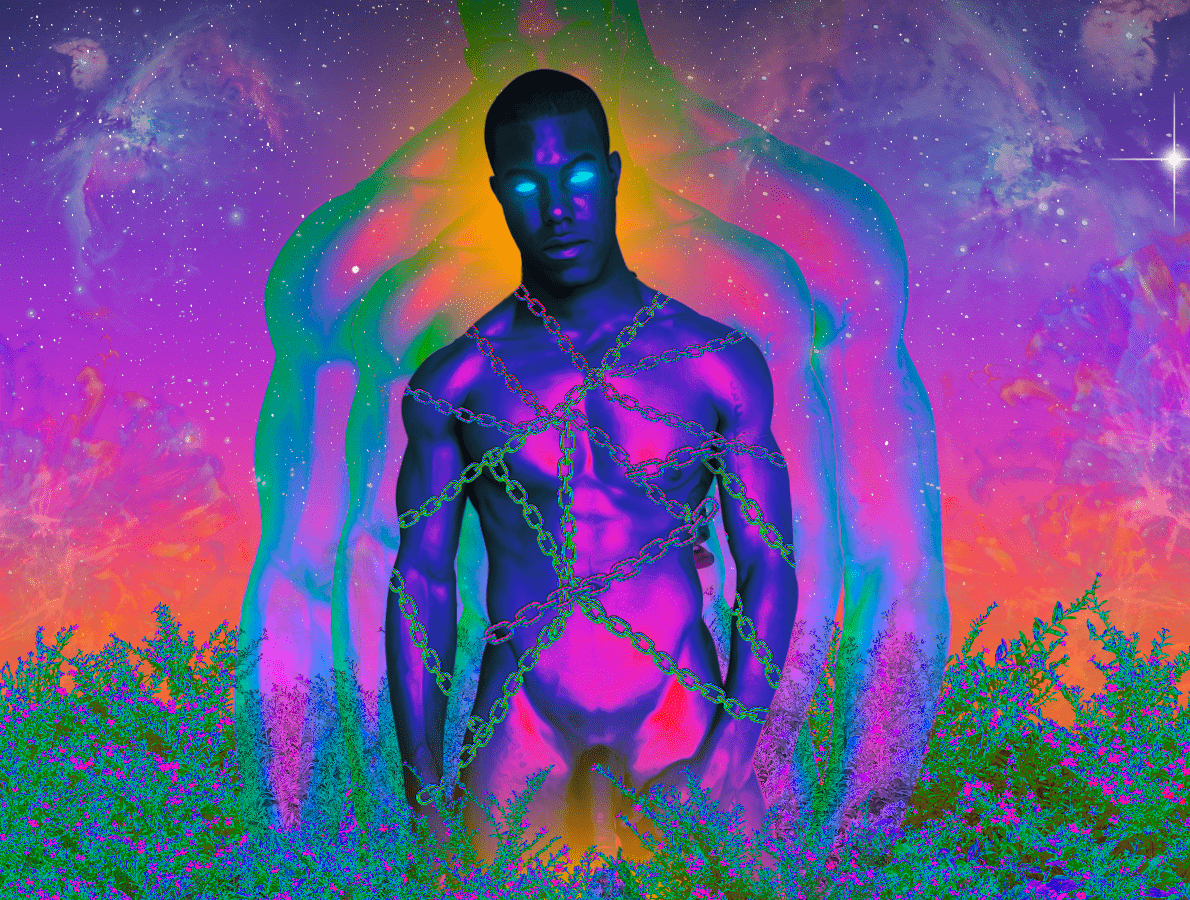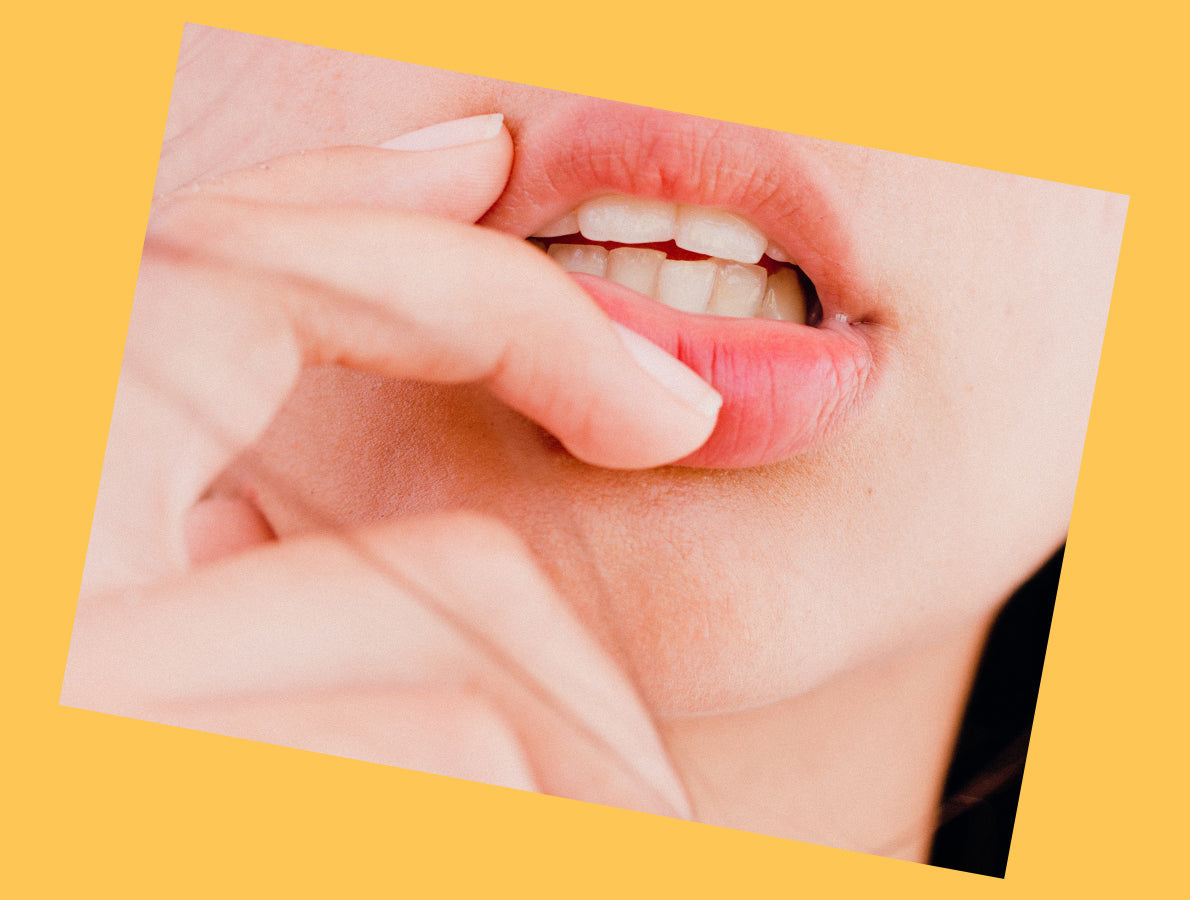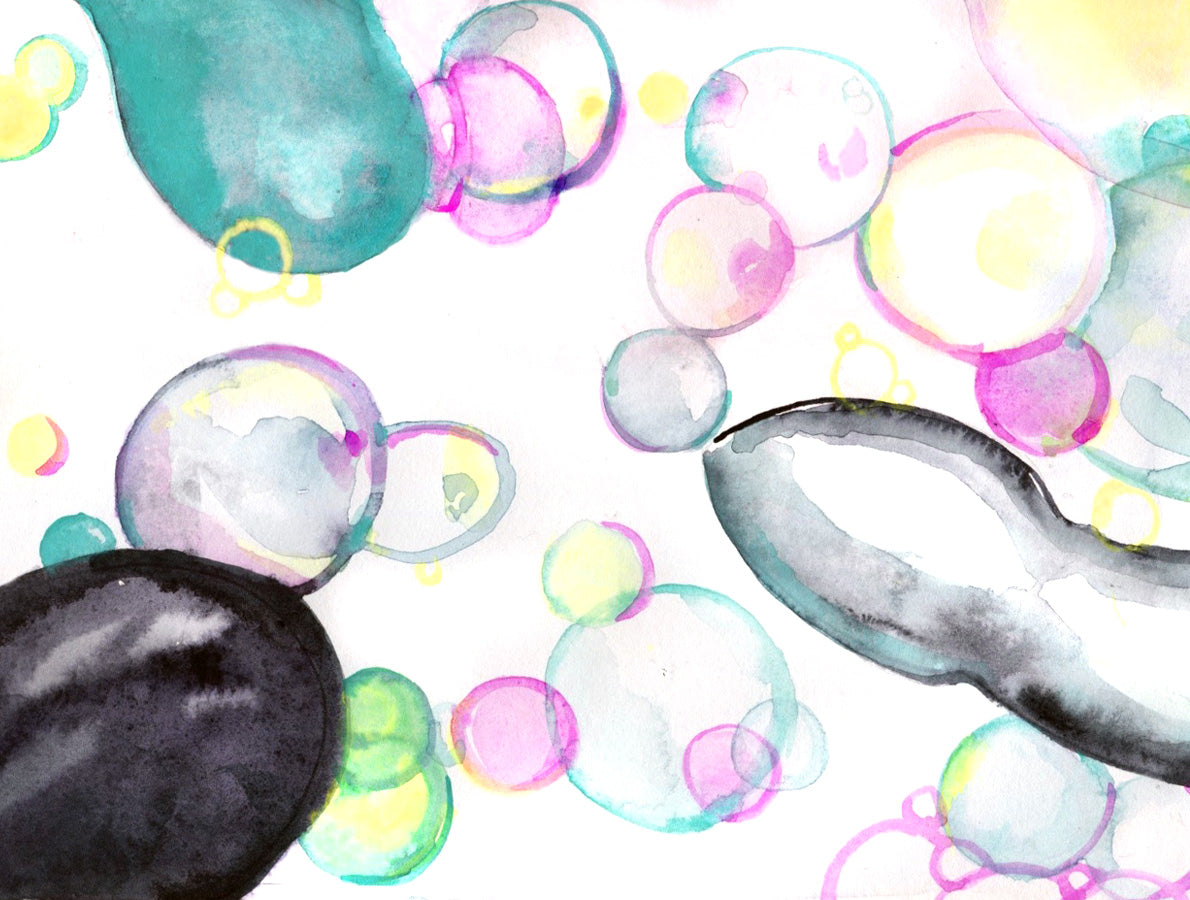In my experience as a Pro Domme and working with cishet men who are into sissy play, inquiries that fetishize a desire for “BBC” are an unfortunate part of the work. As a Domme, I’m trained and prepared to encounter repressed energy, fears, fantasies, and negotiate with intention. However, as a Domme, I experience triggers too. For me, that has been the fetishizing of Black people, especially Black men from potentials interested in sissy play.
Trigger warning ableist and racist language: Below is a real-life example of an inquiry received. This happens to be one of the more bizarre examples, yet some explicitly ask for BBC, for discretional purposes I am unable to share those.
Subject: “Sissy Wannabe”
Message: “Hi I’m wm 46 actually married to black woman who knows deep down I want to be a slutty bitch. She’s in denial. I know it sounds crazy but I want to be one of those white girls that think they black dress like a black girl etc! I need this please help I live about 4hrs away.”
In my practice as a Domme/sexual healer, sissy play is more than binary escapism for cishet men. It’s a journey of self-acceptance that transcends colonial imposition.
In my practice as a Domme/sexual healer, sissy play is more than binary escapism for cishet men. It’s a journey of self-acceptance that transcends colonial imposition. I set the healing scene to be an adventure that mends childhood wounding; investigating the forced presentation of gender and how that trauma manifests somatically.
Society puts a lot of pressure on Black men, the portrayal of “BBC” comes with guaranteed fetishizing and performance that doesn’t leave space for nuance or consensual power dynamics. I’ve witnessed subs, lovers, and friends share vulnerable moments of sadness, expressing not having sensual mobility to exist as they truly are due to the pressures of performing Black male dominance.
As I mentioned in an interview I did with Sluts & Scholars, I don’t separate race play with the work because it’s intertwined with life experience, systemically and interpersonally. If you’re new to race play, it’s defined by Urban Dictionary as an avant-garde form of role play used by two consenting adults that incorporates racist, hurtful, and derogatory terms and comments regarding the other race, to fulfill and reach sexual pleasure. This can be in a consensual and non-consensual manner. But with societal portrayals of Black sexuality, it is outlandishly non-consensual.
Honestly Nae (@honestlynae) recently shared an IG post that defines fetishization with context.

As I began to get more inquiries about “BBC” within the last few months, I wasn’t prepared for the ways I’d be triggered by racism, particularly how male caucacity escapes accountability via the portrayal of adoration. Arguing that their very desire for “BBC” signifies they aren’t fetishizing due to race.
This made me recall an article I read with Michael K. Williams where he highlights his role on LoveCraft Country and how it impacted his mental health. He suggested that just as films have intimacy coordinators there should be race coordinators for people who need support for those types of roles. In his role as Montrose Freeman, he explores Black masculinity, race, and sexuality as he deals with the complexity of being a closeted gay man, father, husband, and caretaker. In my opinion, Lovecraft Country did well with juxtaposing supernatural evils and the horrors of racism.
Similarly, as a Pro Domme, I’m playing a role. One that is drenched in my identity as a Black person. I’m a BDSM practitioner healing supernatural evils and the horrors of race as it intersects with repressed sexuality.
Similarly, as a Pro Domme, I’m playing a role. One that is drenched in my identity as a Black person. I’m a BDSM practitioner healing supernatural evils and the horrors of race as it intersects with repressed sexuality. As Micheal K. Williams suggested with race coordinators in his field, I echo that there needs to be a coalition of race relation professionals within lifestyle and pro kink/BDSM. As a means to hold allies accountable, kinksters, and position folk to be more informed as they live full lives outside and within the dynamics of kink. This would proactively be beneficial for folks of color too who are in process with their kink dynamics with white people. As white people have a long history of abusing power.
I’ve encountered POC subs who need support regarding harm, internalized hate, and power play. I picture something more accessible than clinical therapy. Since BDSM is a great catalyst for social change and liberation, teaching us about our relationship to personal power and navigating that power. I’m here for a coalition that supports accountable and accessible resources around attraction, race, and kink. I see this being done in specific kink communities. I’d love to see this type of work being supported vastly. Ideologies supporting fetishization based on race are embedded in the way we experience power and pleasure due to slavery and anti-blackness as a global economic system. Meaning, desire and white supremacy are interconnected. Kink dynamics regardless of how consensual can’t escape socio-political realities that inform our behaviors, especially within our subconscious mind.

For example, when I speak about sissy play, folks are quick to ask me if men of color participate in this kink. The answer is yes. I’ve had a range of men of color in for sissy play sessions. The recurring theme is trauma in their youth with adults policing their gender and items they enjoy that are assigned for females at birth. Such as dolls, heels, makeup, wigs, their walk, tone of voice, and posture. There are some white men I’ve seen that express similar trauma but the vast majority, in my experience, are interested in the humiliation of being forced into the helplessness of a feminine being. This has also supported me with radical transformation with how I relate to Black men to empathize more with their trauma.
Challenging myself to push past the “hate men” propaganda and learn from Black men’s lived experiences. Working with men, I’m continuously challenged to see their humanity to hold them accountable with intention. Even in session, if the play is inflicting pain or sensuality, a key component of my harm reduction practice is witnessing the complexity of relating and allowing it to breathe awareness into how I connect. To be fearless in my ability to speak about the harm that misogynoir, heteropatriarchy, have caused them and myself.
Connecting the sexual and the spiritual involves many things such as breathwork, intentional screaming, journeying through our shadow side by changing our relationship to fundamental darkness — from colorism, faux positivity, and anything in between.
I remind subs in session that a significant part of the unlearning is on a spiritual level. Sex and spirit are not separate. I explain that separating the two can cause immense internal struggle and suffering. Since we know trauma can be passed on via DNA, being oppressed and being an oppressor are both traumatic experiences. We heal this by energizing our psyches with practices that realign mind, body, and spirit toward healthy behaviors and a more equitable society. Our spirituality is highly connected to our morals. Not to be confused with religion, I mean how we exercise the energy we carry, embody, exchange, and participate in. When we ignore our spiritual development we’re unable to show up as our authentic selves, in turn, exploiting the humanity of others. Connecting the sexual and the spiritual involves many things such as breathwork, intentional screaming, journeying through our shadow side by changing our relationship to fundamental darkness — from colorism, faux positivity, and anything in between. In addition, combating normative beauty standards, finding pleasure in just existing for no reason at all. Bringing back the lover; especially in this time of weird dating culture where ghosting is the new norm. All these things influence our spirit and our erotic intelligence.
With that being said, a trigger within my work has led me down a path of investigating my relationship with Black men. I’ve been creating more space in my life to learn about their experience with pleasure. In doing so, I asked three Black men about their journey with sexuality and relationships. I share this to bring more awareness to how Black men see themselves outside “BBC” culture. To bring more nuance to their journey of sex, love, and self-exploration. These perspectives are shared by Solomon, 47, a professional rigger; Ashé, 26 an artist and family man; Khyle, 33 year old academic and scholar. Here is what they had to say.
Solomon
Q: What popular narratives about Black men’s sexuality have impacted your intimate life the most and how?
A: This question as it’s worded feels disconnected from a broader conversation of not only Black Men’s sexuality but impact and ultimately erotic intelligence, however it is an intriguing topic to me. (Excuse me for drifting off) I’m not sure of the narratives but one I’ve heard often is that Black Men are afraid to explore sex and our sexuality outside of heterosexual confines because doing so is in direct conflict with our masculinity. The impact has been more about how certain acts have been perceived by my peers and partners. That impact has been minimal and oftentimes supportive. If I wanted to do something; I did them. Did exploration come with a few moments of trepidation or apprehension; yes. But I haven’t really had to question my sexuality. I’ve had questions and have personally adjusted my own sexuality to fit what I do sexually. In that sense I don’t keep up with what’s popular.
Q: What subject(s) within sex(uality) are you still in process with and actively learning about to develop your erotic intelligence?
My erotic intelligence is based on my personal experiences and how my partners and I enjoy experiencing each other erotically.
A: Truthfully, I don’t have a clear enough understanding or knowledge bases of the subjects with sexuality. My erotic intelligence is based on my personal experiences and how my partners and I enjoy experiencing each other erotically. Currently, I’m processing and actively learning connective practices, Tantric things. Energetic and Vibrational experiences. I guess more things that involve all the senses. Sight, Sound, Taste, Touch, Smell and Spirit. That in turn is teaching me how to create and experience a deeper level of pleasure on a more encompassing plane for a longer time.
Q: What are non-sexual ways you express and experience intimacy?
A: The senses to increase intimacy. So of course, cuddling and holding hands. I cook and use food as a way to strengthen bonds. We exercise together. I’m also into Shibari and erotic macrame. I find times to be vulnerable with my partner as well as nurture her through vulnerable moments. Lastly, I enjoy silent moments with her.
Ashé
Q: What popular narratives about Black men’s sexuality have impacted your intimate life the most and how?
The thought that I HAVE to have sexual access to and power over many highly sought after women at any given moment had my values severely warped for a while. Whether I was successful at that or not always played a role in my own sense of self worth.
A: The thought that I HAVE to have sexual access to and power over many highly sought after women at any given moment had my values severely warped for a while. Whether I was successful at that or not always played a role in my own sense of self worth. Even when I had an abundance of access to a particular woman (or two) that I enjoyed, I still devalued that relationship based on thoughts like “oh you just don’t know I’m not that dope. Cause if I was I would have all of these other women on me too.” Looking back it’s really wild because it stopped me from ever being fully present for those otherwise enjoyable relationships.
Q: What subject(s) within sex(uality) are you still in process with and actively learning about to develop your erotic intelligence?
A: I’m still trying to sort out the difference between my sexual desires and my sexual needs. Like how much of what I want do I actually need? Is sex a true need? Or just a deep deep desire that CAN be very good for me?
Q: What are non-sexual ways you express and experience intimacy?
A: I do a good amount of cuddling, hugging, conversation about a very wide range of topics, TV time together, listening to music together, sharing meals, cooking for my partner, and drinking and smoking together lol.
Khyle
Q: What popular narratives about Black men’s sexuality have impacted your intimate life the most and how?
A: I have lived with a few narratives. The first being that Black men’s sexuality is about demonstration of power. From childhood, and through a heteronormative lens, I learned that Black men’s sexuality was only on display to attract, manipulate, and control women; that Black’s men’s sexiness was only display to arouse, pleasure, and manipulate and control women.
Therefore, growing up with an attraction to men, along with not being “masculine of center,” aka effiminate, I couldn’t enjoy finding myself attractive or feeling like my sex was good enough for intimate partners.
Black men, in fear of tapping too deep into a sensuality of their own, in fear of decentering of their masculinity could not enjoy their own sexuality. Therefore, growing up with an attraction to men, along with not being “masculine of center,” aka effiminate, I couldn’t enjoy finding myself attractive or feeling like my sex was good enough for intimate partners.
Q: What subject(s) within sex(uality) are you still in process with and actively learning about to develop your erotic intelligence?
A: I’m still processing dimensions of self pleasure and self-awareness – tuning into the zones of my body that are excited (and why), unresponsive to certain stimuli (and why), and waiting to be explored. I’m also in process of learning how the erotic is also divine – more, discovering how my spirituality is unashamedly linked to my erotic intelligence. This is allows me to ask, what does Spirit want me to learn about myself through the erotic?
Q: What are non-sexual ways you express and experience intimacy?
A: Words of affirmation are my primary mode of expressing and experiencing intimacy. Other non-sexual intimate practices include deep, intentional staring and physical proximity.
Be mindful the next time you encounter someone, pay attention to how their race and gender influence your sexual projections. This could be in fantasy or IRL, regardless of their sexual orientation, perceived gender, class, transness, being cis, or otherwise. To hold people accountable individually and collectively we have to see their humanity, it’s what allows restorative justice to be possible. Every time we make room for each other’s complexity, we are not excusing but bearing witness. This allows us to become more just and sensibly radical.
Here are some sex-positive resources facilitated by Black men, exploring sacred sexuality as a practice. These resources are for masculines and community to expand erotic intelligence by honoring embodied wisdom. Add what you need and leave the rest, it’s your journey and your erotic tool kit.
- Sacred sexuality Coach Brandon (@yogi.brandon)
- Empowerment Coach and founder of 21-day tantra Jah Sun (@faristudioart)
- masculine alchemy embodiment (@sacredsons).


